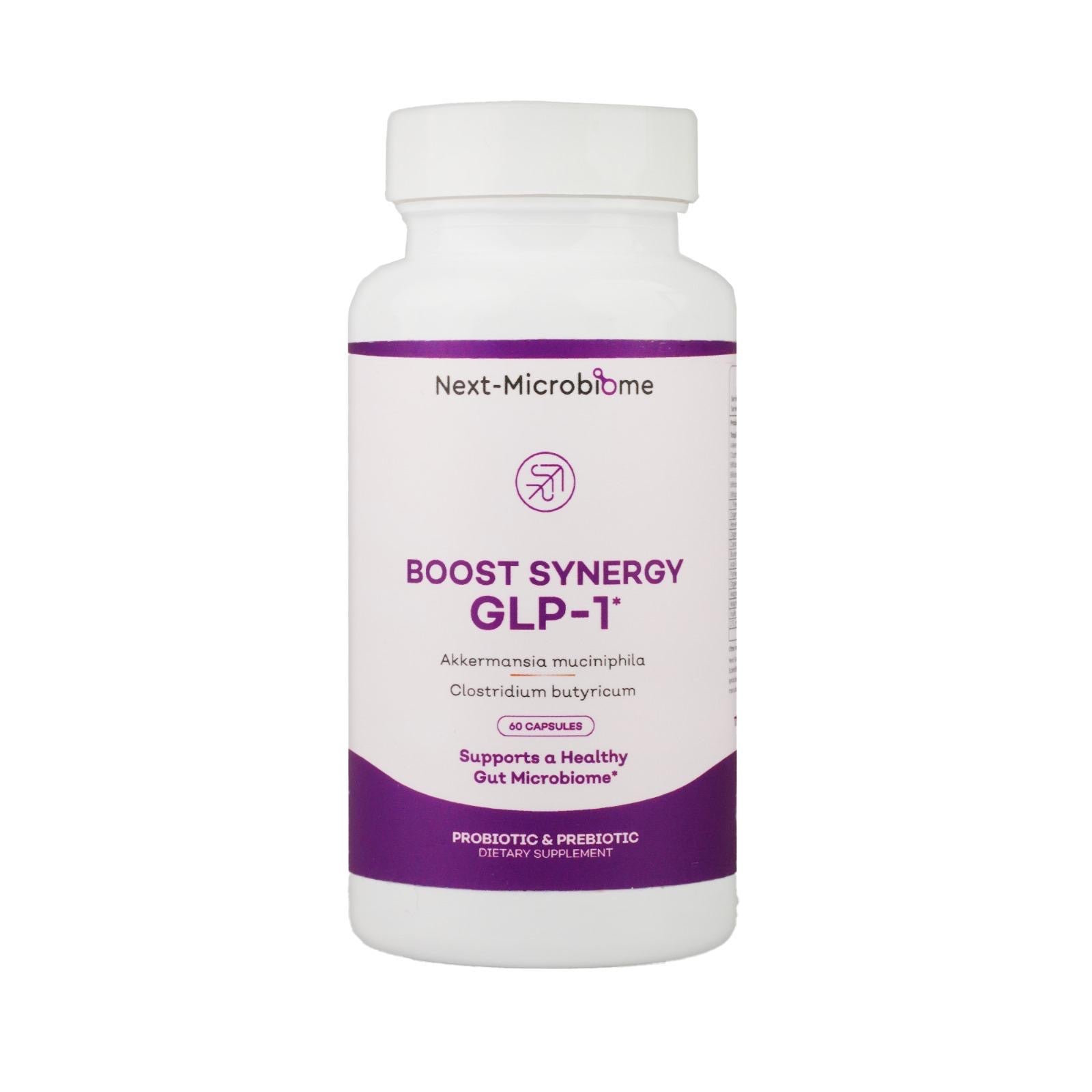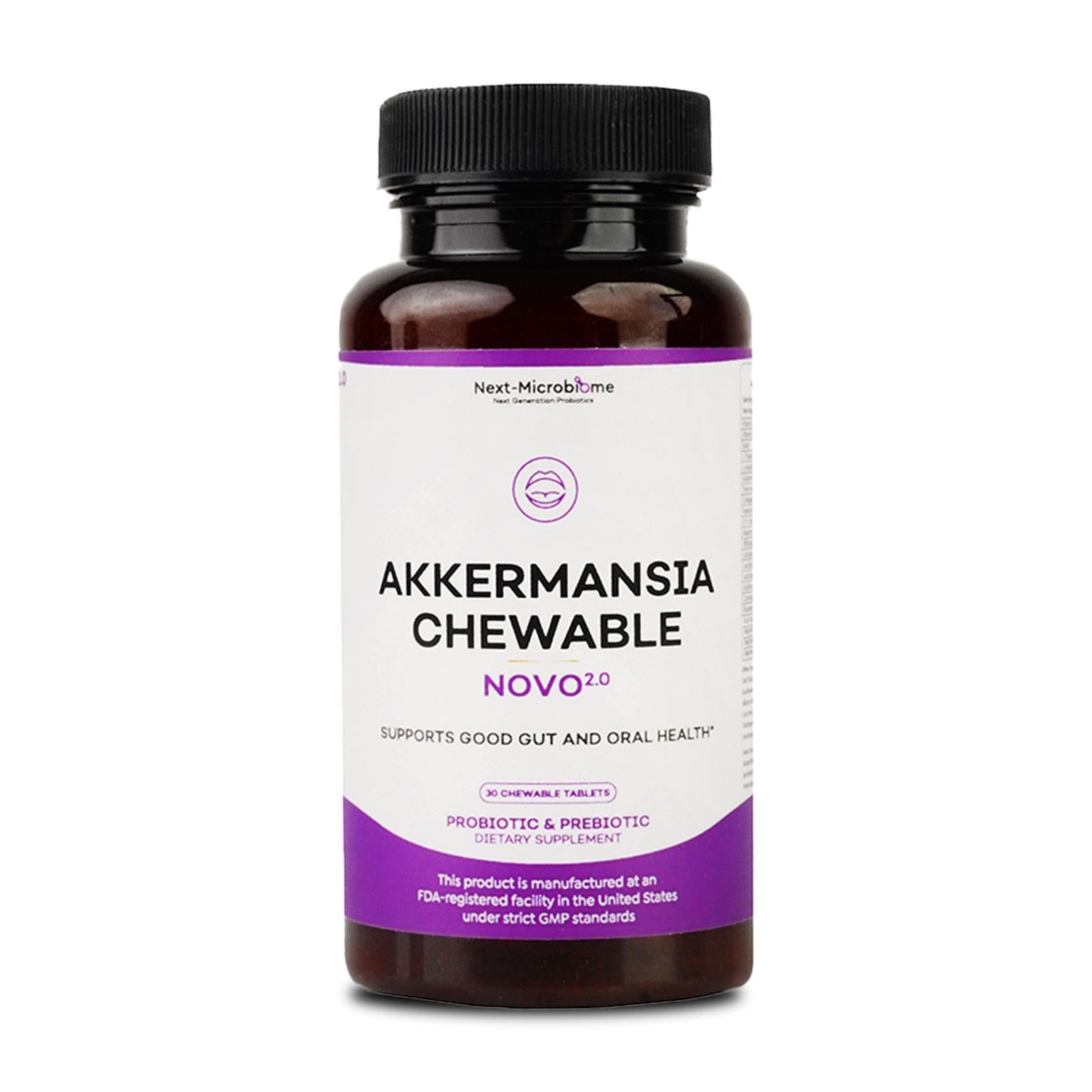
The Relationship Between the Full Moon and Your Gut Microbiota
Full Moon and Your Microbiota: An Intriguing Relationship
Introduction
Since ancient times, humans have felt connected to the moon's rhythms. Stories of the moon influencing behavior, sleep, and emotions have persisted through millennia. While often dismissed as folklore, contemporary research is increasingly validating the moon's subtle yet profound impacts on human physiology, particularly through the microbiota—the community of trillions of good and bad bacteria that inhabit our gut.
This article examines how the full moon affects microbiota balance, explicitly exploring the consequences for healthy individuals, individuals with autoimmune diseases, and those with autism spectrum disorders (ASD). It also examines how akkermansia probiotics can mitigate these lunar-linked disruptions.Especially, the chewable probiotic for adults, Akkermansia chewable, which is developed as next-generation probiotics.
Understanding the Lunar Effect
The lunar effect suggests that the phases of the moon have a significant influence on human behavior and physiology. Historically, it was thought that full moons induced sleep disturbances, emotional instability, and unusual behavior. Modern scientific investigation has reignited interest in these claims. While research remains mixed, credible evidence now suggests that the moon's influence on sleep patterns and hormonal balance is a viable hypothesis.
A notable study published in Science Advances (DOI: 10.1126/sciadv.abe0465) observed indigenous communities with limited artificial light exposure. Researchers found that sleep times were significantly delayed, and sleep quality worsened around the full moon, suggesting an innate biological response.
How the Full Moon Impacts Gut Microbiota and Gut Health
Circadian Rhythm Disruption
The full moon’s brightness can influence circadian rhythms—the internal clock that regulates sleep, metabolism, and hormonal cycles. Reduced melatonin production during these periods disrupts sleep quality and patterns. Melatonin, beyond regulating sleep, profoundly affects the gut microbiota, generally promoting the growth of bacteria that are anti-inflammatory.
Microbial Shift: Inflammation Dynamics
Research indicates that disturbances in the circadian rhythm can trigger gut dysbiosis—imbalances in microbiota where pro-inflammatory bacteria proliferate and beneficial anti-inflammatory species decline. Specifically, bacteria like Proteobacteria, known for pro-inflammatory properties, increase in number, while beneficial strains like a.muciniphila often diminish. This imbalance increases gut permeability, resulting in systemic inflammation, mood fluctuations, and altered immune responses.
Negative Effects on Healthy Individuals
Even generally healthy individuals often report sleep disturbances during full moons. Reduced melatonin levels contribute to insomnia or poor sleep quality, indirectly promoting gut inflammation through increased stress hormones, such as cortisol. These hormonal fluctuations also heighten appetite, leading to intense cravings, particularly for sugars and carbohydrates. Moreover, the gut-brain axis—the direct link between intestinal microbiota and emotional well-being—is disrupted, causing emotional volatility, anxiety, and irritability.
In a typical healthy person, these impacts may seem mild and transient. However, chronic exposure to these disruptions can progressively weaken gut health, immunity, and mental resilience, potentially paving the way for long-term health complications.
Amplified Risks for Autoimmune Conditions
For those managing autoimmune diseases like inflammatory bowel disease (IBD), rheumatoid arthritis (RA), and multiple sclerosis (MS), the microbiota disturbances around the full moon can significantly exacerbate symptoms. Heightened inflammation from gut dysbiosis can trigger painful flare-ups, intensifying joint swelling, gastrointestinal distress, and general fatigue.
Studies published in journals such as Nature Reviews Gastroenterology & Hepatology highlight how microbiota imbalance exacerbates autoimmune conditions, particularly emphasizing how inflammation spikes during periods of disturbed circadian rhythms (DOI: 10.1038/s41575-019-0233-9). The interplay between increased inflammatory markers—like IL-6 and TNF-alpha—and gut permeability significantly worsens autoimmune symptoms during full moons.
Autism Spectrum Disorder and Full Moon Sensitivity
Individuals on the autism spectrum frequently experience heightened sensitivity to environmental factors, including changes in sleep patterns and gut health. Research consistently demonstrates that individuals with autism have atypical microbiota profiles, often characterized by higher inflammatory bacterial populations and reduced beneficial bacterial species.
The full moon exacerbates these issues. The circadian disruption common during lunar peaks intensifies sleep disturbances, a prevalent challenge in autism. Poor sleep quality directly exacerbates gut dysbiosis, leading to increased gastrointestinal symptoms, including constipation, diarrhea, and discomfort. These digestive issues further increase behavioral and sensory challenges, heightening anxiety, irritability, and sensory processing difficulties.
Recent studies published in Frontiers in Psychiatry (DOI: 10.3389/fpsyt.2020.00785) highlight the crucial role that microbiota management plays in reducing symptom severity for individuals with autism, suggesting targeted probiotic strategies to enhance well-being.
The Power of Akkermansia muciniphila: A Protective Probiotic
Amidst these lunar-induced disruptions, specific probiotics, such as Akkermansia muciniphila, offer significant protective benefits. Akkermansia muciniphila is a keystone species residing in the gut’s mucosal lining. It is particularly beneficial in reinforcing gut barrier integrity and reducing inflammation, so it could be accepted as a microbiome booster.
Gut Barrier and Anti-Inflammatory Effects
Akkermansia promotes mucin production, fortifying the gut's protective lining and effectively reducing inflammation. By bolstering this mucosal barrier, Akkermansia limits the systemic impact of pro-inflammatory bacteria, thereby stabilizing the microbiota balance even during challenging periods, such as full moon phases.
Research in Gut Microbes (DOI: 10.1080/19490976.2020.1712986) indicates that Akkermansia has a profound impact on reducing inflammation markers, improving immune regulation, and supporting gut-brain signaling pathways.
Sleep and Mood Stability
By mitigating inflammation and stabilizing gut microbiota, Akkermansia indirectly supports better sleep and emotional stability. Reducing inflammation levels helps decrease cortisol and stabilize melatonin and serotonin levels, thereby improving sleep quality, mood, and emotional resilience.
Practical Application: Akkermansia Chewable Supplementation
To leverage these benefits effectively, Akkermansia chewable probiotics offer a convenient and effective solution. Supplementation ideally begins three to five days before the full moon, continuing through the peak period and a few days afterward. The typical dosage ranges from 100 million to 1 billion CFU per day, with consistent intake being critical for optimal outcomes.
Supplementing probiotics with complementary lifestyle practices—such as improving sleep hygiene, making dietary adjustments (focusing on fiber-rich, anti-inflammatory foods), and practicing stress management techniques—can significantly enhance their effectiveness. Regular use not only helps counter acute lunar-induced effects but also supports long-term resilience of the microbiota and overall health.
Conclusion and Key Takeaways
The connection between lunar cycles, particularly full moons, and human microbiota provides compelling insights into the delicate balance of our internal ecosystem. Recognizing how the full moon influences microbiota helps explain many common symptoms, from disrupted sleep and mood swings in healthy individuals to severe symptom exacerbation in autoimmune and autistic populations.
Utilizing targeted probiotics, such as Akkermansia muciniphila, offers a scientifically grounded strategy for mitigating these disruptions. Proactive supplementation, combined with lifestyle modifications, enables individuals to maintain optimal gut health, immune function, and emotional stability, despite the subtle yet significant influence of the moon.
By embracing this more profound understanding and integrating effective probiotic strategies into regular routines, we can enhance our overall resilience, health, and well-being, reconnecting modern scientific knowledge with ancient lunar wisdom.
References:
-
DOI: 10.1126/sciadv.abe0465
-
DOI: 10.1038/s41575-019-0233-9
-
DOI: 10.3389/fpsyt.2020.00785
-
DOI: 10.1080/19490976.2020.1712986
Where Can I Buy Akkermansia Muciniphila Supplement
Akkermansia Chewable - Next Microbiome











